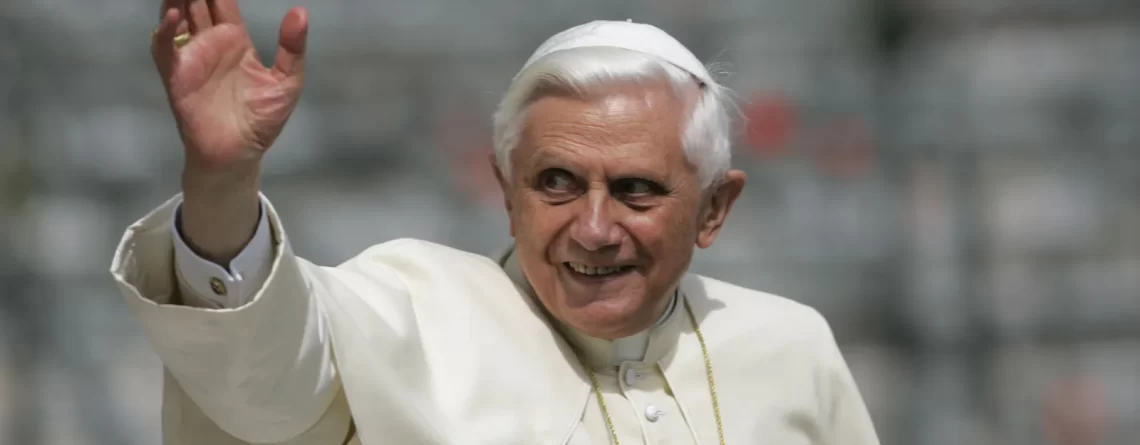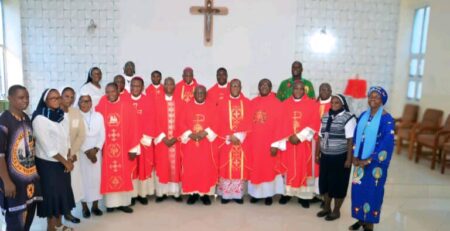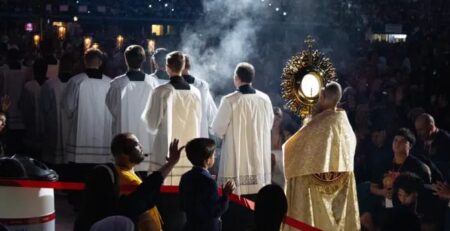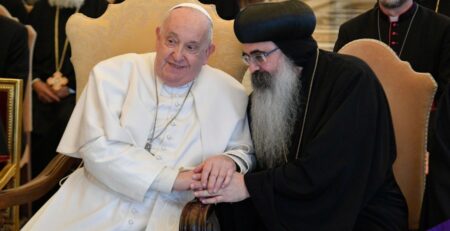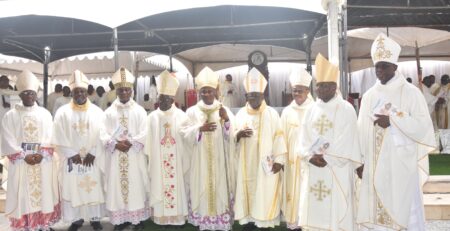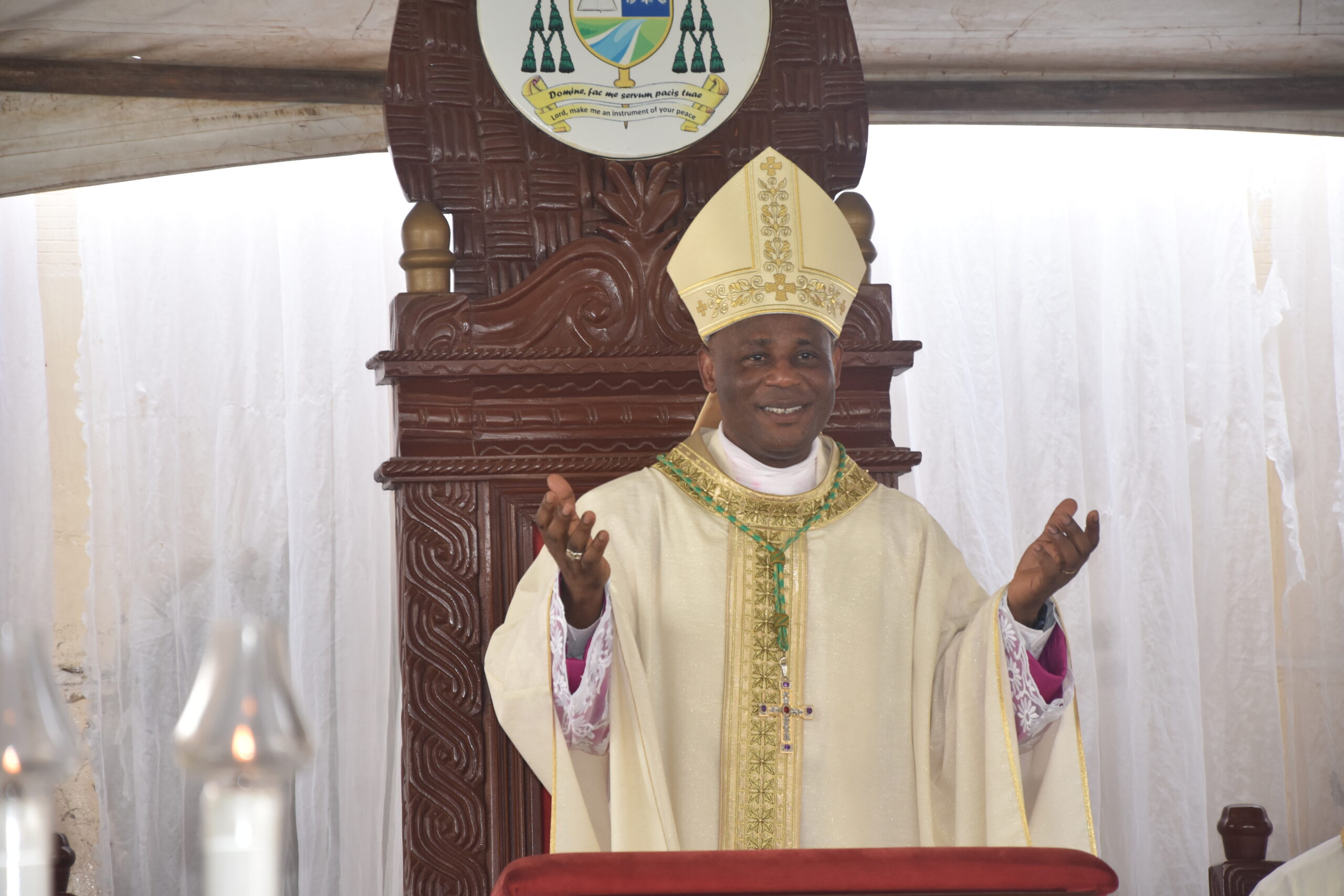POPE BENEDICT XVI ANSWERS HEAVENLY CALL
By Luke Coppen, AC Wimmer, Matthew Bunson
Pope Emeritus Benedict XVI has died at the age of 95, bringing to a close the momentous life of a Churchman who proclaimed the “eternal joy” of Jesus Christ and called himself a “humble worker” in the vineyard of the Lord.
His death was announced in Rome on Dec. 31.
Cardinal Joseph Aloisius Ratzinger was elected pope on April 19, 2005, and took the name Benedict XVI. Eight years later, on Feb. 11, 2013, the 85-year-old shocked the world with the announcement — made in Latin — that he was resigning from the papacy. It was the first resignation of a pope in nearly 600 years. He cited his advanced age and lack of strength as unsuitable for the exercise of his office.
However, the enormous legacy of his theologically profound contributions to the Church and the world will continue to be the source of reflection and study.
Even before his election as pope, Ratzinger exerted a lasting influence on the modern Church, first as a young theologian at the Second Vatican Council (1962–1965) and later as prefect of the Vatican’s Congregation (now Dicastery) for the Doctrine of the Faith.
An articulate defender of Catholic teaching, he coined the term “dictatorship of relativism” to describe secularism’s increasing intolerance of religious belief in the 21st century.
Benedict’s pontificate was shaped by his deep understanding of this challenge to the Church and Catholicism in the face of rising ideological aggression, not least from an increasingly secular Western mindset, both within and outside the Church.
Benedict was also a key architect of the fight against sexual abuse in the Church in the early 2000s. He oversaw extensive changes to canon law and dismissed hundreds of offenders from the clerical state. He also launched a canonical investigation of the Legionaries of Christ, following growing allegations about grave sexual abuses from the order’s founder, the Mexican priest Marcial Maciel Degollado. The canonical investigation led to a long reform process under the authority of Cardinal Velasio de Paolis.
Millions have read Benedict’s books, including the groundbreaking 1968 “Introduction to Christianity” and the three-volume “Jesus of Nazareth,” published from 2007 to 2012, during his time as pope.
He was the first pope to resign from office in almost 600 years. He traveled from Vatican City to Castel Gandolfo by helicopter on Feb. 28, 2013, and took up life in retirement the following May in the Mater Ecclesiae monastery in the Gardens of the Vatican City State.
